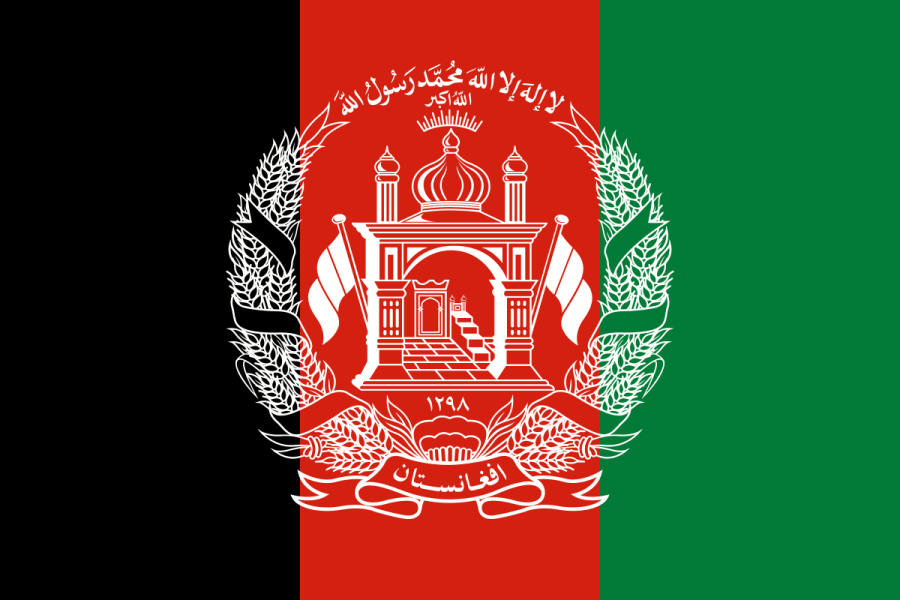The Islamic Republic of Afghanistan was a presidential president in Afghanistan from 2004 to 2021. The country was established to temporarily replace Afghan (2001-2002) and Transition Governments (2002-2004), and the invitation of the 2001 United States in Afghanistan in 2001. Therefore, the virtual way that the Taliban has been lovingly rebuilt from Afghanistan. However, on August 15, 2021, the country was repaid by the Taliban, which was the longest war in US history.
This led to the excessive Islamic Republic, led by President Ashraf Ghani, and restoring the Taliban under the control of the Taliban. While the United Nations still recognizes the Islamic Republic as the legal government of Afghanistan, this regime controls the overthrow of counting, and not DOS is open to exile. This is not effectively disappeared. Your Islamic emayete is the government governing legal. The US agreement, signed in Qatar on February 29, 2020, was one of the important events that led to the collapse of the Afghan Natolus forces (Ansf). Following the deal, the use of Ansf's number of air strikes and deprived Ansf from a critical margin in the fight against the Taliban's uprising, which led to the Taliban in Kabul.
Following the 9/11 attacks, the United States and several allies invaded Afghanistan and overthrew the first Taliban (recognized) government in support of the opposition of the Northern Alliance. Thereafter, a transitional government was formed under the leadership of Hamid Karzai. After 2003 Loya Jirga, a presidential republic of the Islamic Republic was announced under the new constitution and Karzai was elected president for a full term. Meanwhile, the US-led international coalition helped maintain domestic security, and gradually transferred the defense to the Afghan armed forces after 2013-14.
However, Taliban forces controlled the control of various parts of the country and the civil war continued. The Taliban, with alleged support from Pakistan, were re-grown as a rebellion and increased attacks on Afghan and coalition forces after 2007-2007. These problematic records of human rights and women's rights in Afghanistan, with numerous abuses by both parties, such as the killing of civilians, kidnappings and torture. Given the government's widespread confidence in US military and economic assistance, some classified the country as an American customer country and gradually lost control of the rural suburbs after concluding the freedom tolerance operation.
At the time of NATO's withdrawal in 2021, the Taliban launched a massive military strike in May 2021 and allowed them to control the following three and a half months. The Afghan National Army was quickly disintegrated. The republic's institutions were effectively fell on August 15, 2021, when Taliban forces arrived in Kabul and Afghan President Ashraf. Immediately thereafter, the former vice president of Saleh Saleh declared himself President of Afghanistan and declared the Republican resistance against the Taliban. However, on September 6, 2021, Saleh also fled to Tajikistan.
As of 2022, scattered fighting between opposition groups and the Taliban continue to occur. On 13 March 2022, the Afghanistan Freedom Front, an ethnically diverse anti-Taliban military group formed, and has since conducted several attacks on the Taliban, including a missile attack on Bagram Airfield, in which six Taliban soldiers were killed and two were wounded.
In June 2022, an uprising began in the Balkhab District of the Sar-e Pol Province. Hazara rebel Mehdi Mujahid, the Taliban-appointed head of intelligence of the Bamyan Province had been expelled from the position after criticizing the closure of girls' schools and continued demanding for equality to Hazaras and other Shia Muslims. He left the Taliban, declaring war on them, and began to gather rebels. Supported by the NRF and several political parties, the rebels seized Balkhab and controlled the entire district by 13 June 2022. On 23 June 2022, the Taliban began fighting to take back the district. The uprising ended when the Taliban recaptured Balkhab and Mujahid was killed.
On the one year anniversary of the Fall of Kabul, the NRF conducted various hit-and-run attacks on Taliban militants. Several other groups, such as the Ahmad Khan Samangani Front and the Afghanistan Islamic National & Liberation Movement have also conducted attacks against the Taliban.
In 2020, there were over 16,000 schools in the country and roughly 9.5 million students. Of this, about 60% were males and 40% females. This was an increase from 900,000 exclusively male students in 2001. Over 174,000 students were enrolled in different universities around the country. About 21% of these were females. However, former Education Minister Ghulam Farooq Wardak had stated in 2013 that the construction of 8,000 schools was still required for the remaining children who were deprived of formal learning.
As of 2018 the literacy rate of the population age 15 and older was 43.02% (males 55.48% and females 29.81%). The Afghan National Security Forces received mandatory literacy courses as part of their training.


















